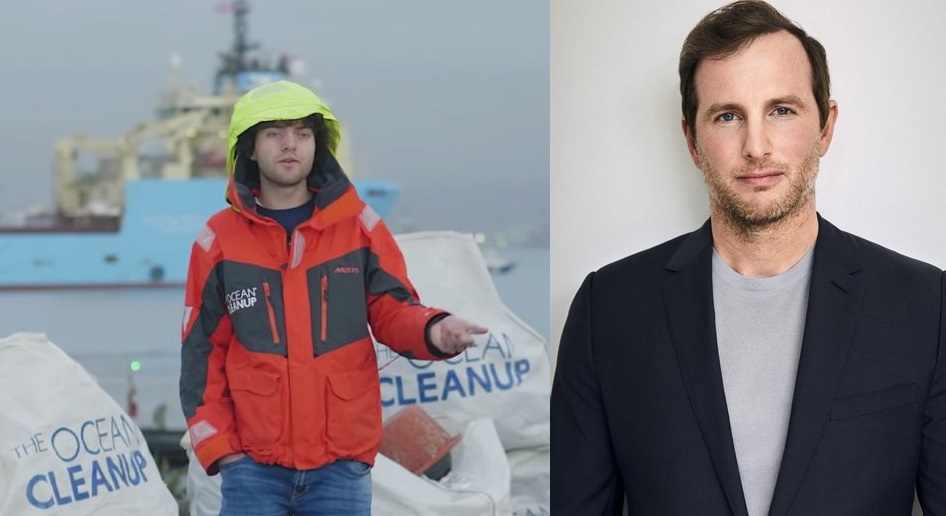
The co-founder of Airbnb.org has just donated $25 million to support the Dutch nonprofit The Ocean Cleanup as they prepare to assemble and deploy the largest plastic capture system ever developed for use in the ocean.
The Ocean Cleanup’s pilot-scale ocean cleaning system, System 002, has been deployed in the Great Pacific Garbage Patch (GPGP) located between Hawai’i and California since late 2021. It has so far removed close to 200,000 kilograms, or roughly 440,000 pounds, of plastic that otherwise would have remained trapped for decades or more.
This pilot system is now in the process of being scaled up to the largest, most cost-effective ocean cleaning system ever developed, and will feature a capture area 2.5 kilometers (1.5 miles) across, and a three-vessel team that will allow it to operate 24-7.
“I’m proud to partner with The Ocean Cleanup in their crucial work to remove harmful plastics from our oceans,” said Joe Gebbia, co-founder of Airbnb and Samara. “The Ocean Cleanup has created systems and technology that actually work at scale. In order for them to deploy across our oceans and rivers, they now need to scale their funding. It is my hope that this donation can inspire others to act.”
As the only group currently cleaning the trillions of plastic pieces in the GPGP, The Ocean Cleanup has streamlined their cleaning systems to be as cost-effective as possible, allowing their entirely not-for-profit income generation and any potential donations to go far.
MORE FROM PHILANTHROPY: Billionaire MacKenzie Scott Donates $15m to Provide Glasses to Farmers With Blurry Vision in Developing Nations
Dutch wiz kid and Ocean Cleanup founder Boyan Slat has been developing the capture system for a decade, and has gradually enlarged and improved it based on fieldwork harvesting plastic from the GPGP. System 03, cleans ten times faster than the previous system and could clean all the plastic patches of the world’s oceans with about 10-50 systems.
“Joe’s continued support of The Ocean Cleanup’s mission has a direct impact on our operations all over the world,” said Slat. “Thanks, in part, to his generous assistance, we are able to scale up our work in oceans and rivers, helping us reach our goal of ridding the world’s oceans of plastic. On behalf of the world’s largest ecosystem, we are immensely grateful for the support.”
Slat’s work in the GPGP will go down as one of the greatest accomplishments in the 21st century. In front of him was a true leviathan of a problem—a patch of plastic trash twice the size of Texas swirling in International Waters where even the loudest climate-hollering nation-state had no desire to even crack an idea about how to clean it.
MORE FROM POLLUTION: Fishermen Getting Paid to Collect Plastic Trash at Sea, As Indonesia Slashes Pollution
Relying only on his team, and his vision of basic scientific deduction and elegant engineering solutions, Slat proved that the most absurd problem was nevertheless solvable.
His vision attracted millions in private contributions from philanthropists like Gebbia, even while government scientists sneered at his use of fossil-fuel vessels to pull the nets to capture the plastic.
WATCH the explanation of the new cleanup system below…
SHARE This News Of Corporate Philanthropy With Your Friends…



















